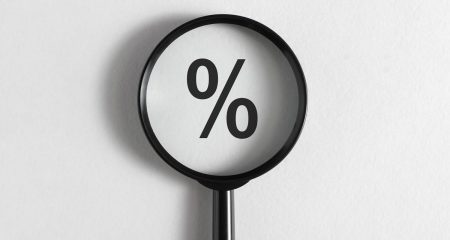
South Africa’s economic growth accelerated for the first year in four in 2017 as agricultural output surged following a recovery in output after the worst drought in more than a century.
GDP expanded 1.3% last year, more than national treasury’s forecast of 1%. Political and policy instability that hurt investor confidence in 2016 continued in 2017, curbing the recovery in Africa’s most industrialised economy and prompting both S&P Global Ratings and Fitch Ratings to cut the nation’s debt to junk. The outlook improved in December, when the ruling party elected a new leader who promised to tackle graft.
The economy grew an annualised 3.1% in the fourth quarter from the previous three months compared to a revised 2.3% expansion in the prior quarter, Statistics South Africa said in a statement. The median estimate of 14 economists surveyed by Bloomberg was for growth of 1.8%.
The improved quarterly performance came as agricultural output rallied 38% from the prior three months and mining production fell 4.4%. Fixed capital formation improved 7.4%, the first expansion in a year.
While the growth rate hasn’t exceeded 2% since 2013, prospects for this year are looking up. Business confidence climbed to the strongest since October 2015 in January, having fallen to a three-decade low in August. The purchasing managers’ index was above 50 in February, indicating expansion in the manufacturing industry.
“The outlook does look better,” Gina Schoeman, an economist at Citibank in Johannesburg, said by phone. “It certainly suggests that there certainly is an end to the downward cycle.”
South Africa’s economy could expand 1.5% this year, national treasury said on 21 February. Growth will probably accelerate to 2.1% in 2020 as measures aimed at creating policy certainty and attracting investment pay off, it said.
National treasury will probably raise these projections in the October mid-term budget as South Africa overcomes governance and financial problems, finance minister Nhlanhla Nene said on 5 March. — Reported by Arabile Gumede and Thembisile Dzonzi, (c) 2018 Bloomberg LP




